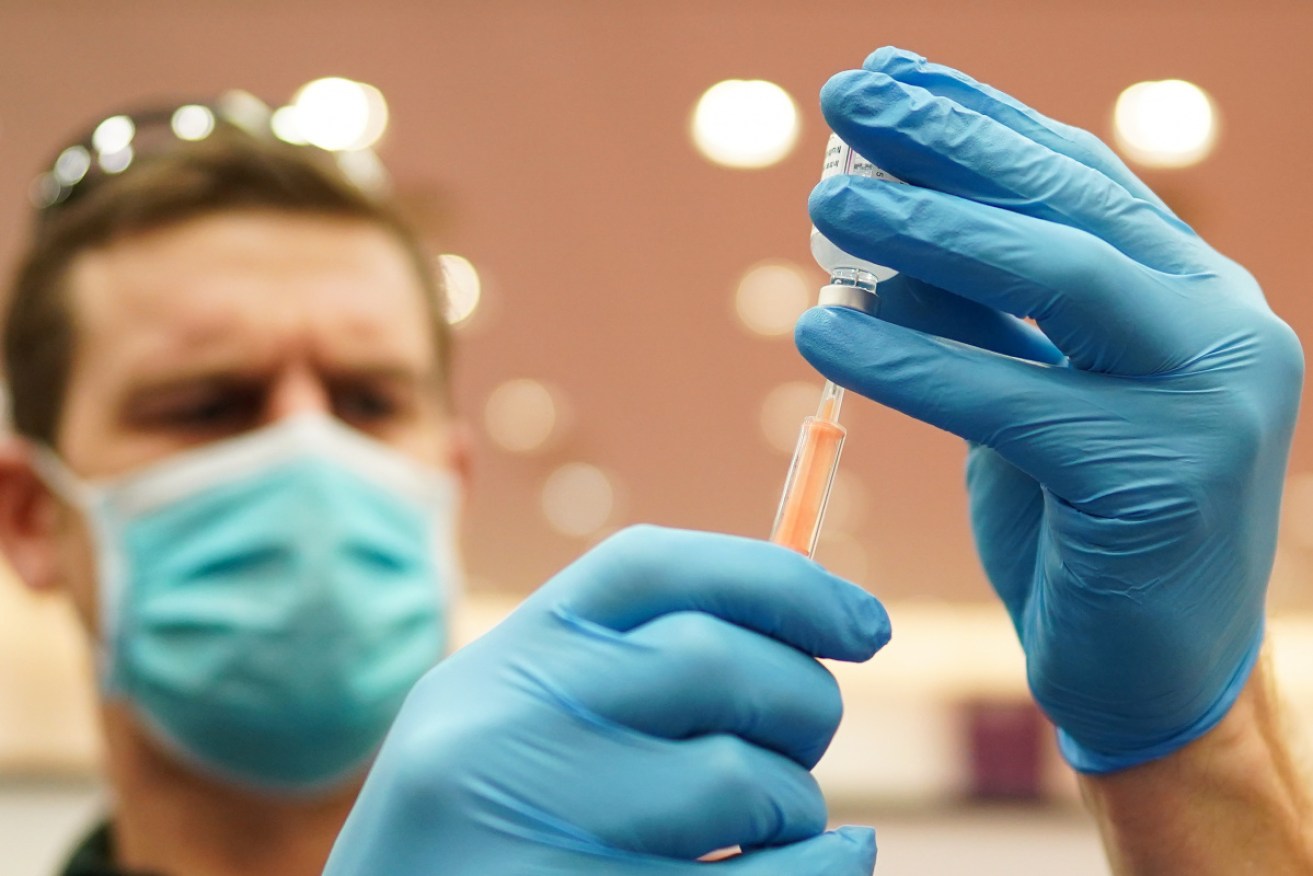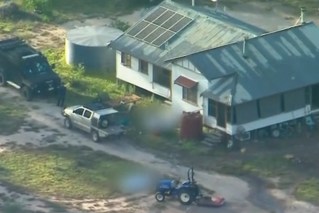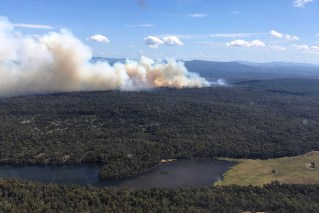Vaccines still on track for February, despite Pfizer ‘temporary’ delay


Vaccines will be tracked in MyGov and Medicare
Pfizer says its COVID vaccine delivery may be delayed due to changes in overseas production, but the federal government maintains it will still begin jabs next month.
“We are still on track to receive those Pfizer vaccines in mid-to-late February, I am advised,” Treasurer Josh Frydenberg stressed on Sunday.
However, Pfizer could not confirm exactly when doses might arrive in Australia.
Australia’s Therapeutic Goods Administration says it still hopes to formally approve the Pfizer vaccine by the end of the month.
But questions have been raised over the government’s timetable of beginning vaccinations in “mid to late February”, considering Pfizer has warned its delivery schedules will be affected by changes in its global supply network.
Pfizer warns of ‘temporary’ delay
“Pfizer is scaling up manufacturing operations in our Puurs, Belgium manufacturing facility to increase dose availability and output,” a company spokesperson told The New Daily.
“As a result, there will be a temporary impact on some shipments until mid-February in order to quickly enable increased production volumes afterwards.”

Pfizer’s vaccine will be approved in coming weeks by the TGA. Photo: Getty
Australia has secured 10 million doses of the two-dose Pfizer jab, enough to vaccinate five million people.
The vaccine is one of the world’s most effective, and the company says surging demand has forced it to make “certain modifications of production processes”.
The federal government has committed to beginning phase 1a of its vaccination rollout in “mid-to-late February”, with high-risk health workers, staff and residents in aged care, and people working in quarantine facilities at the top of the list.
But last week, Prime Minister Scott Morrison said some European countries were encountering “difficulties” in vaccine supply, and appeared to gently lay the groundwork for a possible delay in Australia’s rollout.
“There are some things that are within our control and some things that are not,” he said in Brisbane.
“We’ve set out indicative time frames where we would hope to commence in mid-to-late February. But that will obviously change and be subject to any impacts on production schedules overseas.”
When asked to confirm if the February rollout was still locked in, the PM replied “I’m not going to speculate on that today”.
“When we’re in a position to make decisions and announcements about these things, then we will. I think it’s very important that we don’t speculate on those matters. There are some uncertainties,” he said.
Exact Pfizer arrival date unclear
Mr Frydenberg said on Sunday that Australia expected to receive the first Pfizer doses by late February.
Vaccinations would begin about a week later, after batch testing.

Josh Frydenberg says the February timetable is still “on track”. Photo: AAP
But the Pfizer spokesperson could not confirm to TND exactly when the full complement of 10 million doses would arrive in Australia – simply saying that the company was “committed to delivering on its agreement … to supply 10 million doses of their vaccine candidate for COVID-19 over the course of 2021”.
“Pfizer is working closely with all governments on allocation of doses,” they said.
Mr Morrison has previously said Pfizer would require about two weeks to ship vaccines to Australia, which could only occur once the TGA approved the jab.
The TGA told TND it “remains on track to have the first COVID-19 vaccine provisionally approved by the end of January 2021, subject to regulatory requirements being met”.
However, the AstraZeneca and University of Oxford candidate “remains under evaluation”.
It’s also unclear how the much-publicised incidents in Norway, of elderly patients dying after getting the Pfizer jab, may affect the TGA’s approval schedule.
More details on vaccine rollout
The government’s vaccine roadmap says healthcare workers, aged-care residents and staff, and quarantine workers are first in line for jabs.
But the Department of Health said the exact people who would get the first vaccines was still being worked out.
“Australians will not require a prescription for a COVID-19 vaccination and the eligibility of a person to participate in the rollout will be determined at the time of booking,” the department told TND in a statement.

Australia’s vaccine roadmap. Photo: Department of Health
The vaccine roadmap says that “frontline healthcare worker sub-groups for prioritisation” are included in phase 1a.
“Other healthcare workers” are in phase 1b.
When asked which health workers would be included in which phase, the department said it would inform employer groups.
“The government understands the importance of employers and workers being informed about the vaccine rollout,” the department said.
“We are working closely with the states and territories and peak bodies to ensure that people belonging to priority groups are aware of their eligibility.
“Those frontline healthcare workers who are included in Phase 1a of the program have been prioritised on the basis that they work in health care settings that are at greatest risk of coming in to regular contact with COVID-19.
“Other healthcare workers have been prioritised on the basis that they may come in to contact with COVID-19, but the risk of this is reduced.”
During this #COVID19 pandemic, we have seen the best of Australia as we have come together, helping one another to keep safe. If you know someone who has made an outstanding contribution, nominate them for a #COVID19 award ➡️ https://t.co/k3gbFOVBTj https://t.co/dTFh9CbOAN
— Scott Morrison (@ScoMo30) January 24, 2021
On Sunday, Mr Morrison said the Queen’s Birthday honours list would be expanded in 2021, to specially recognise the efforts of Australians during the pandemic.
The government is specifically asking for nominations from among health workers providing critical care to COVID patients, scientists developing virus protections, frontline workers keeping essential services running, and those who care for the vulnerable or elderly.
Advice of a 9th day of zero community Covid cases nationwide from the last 10. In the same 24 hour period there were sadly over 14,000 lives lost and 570,000 cases worldwide. Over the same 10 day period there were over 6m new cases & agonisingly over 125,000 lives lost worldwide.
— Greg Hunt (@TheHonGregHunt) January 24, 2021
It came as Australia marked yet another day of zero community transmission of COVID-19 – as Health Minister Greg Hunt noted, the ninth day of the past 10 this had been achieved.
Mr Hunt was also happy about news of “record” child vaccination figures on Sunday.
Data from December found that more than 95 per cent of Australian children at age five had received their necessary vaccines, which bodes well for the uptake of COVID vaccines when available.
“Amid the COVID-19 pandemic, parents followed expert health advice and continued to take their children to receive their shots, pushing five-year old vaccination rates beyond the aspirational target of 95 per cent coverage,” Mr Hunt said.
“These figures show Australians have both the capacity and the will to lead the world in taking up COVID-19 vaccines, as they recognise how important vaccination is, and how it protects and saves lives.”








